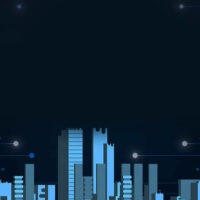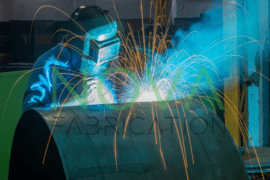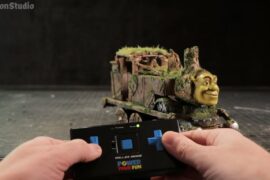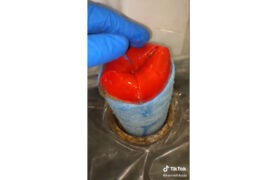They say space exploration is good because it generates “spin-offs”. Well, here’s one to add to the list.
Over the past couple of years NASA has been searching for solutions for 3D printed structures in space. Specifically, on the Moon and other planets. Instead of developing the technology themselves, they used crowdsourcing to generate unique ideas from the public. Their Habitat Challenge, which we’ve been following recently, has pushed entrants to develop means to practically 3D print structures from (mostly) local materials.
There are several very interesting projects that have emerged. As NASA unleashed each more advanced level in the Challenge, only the best entrants were selected to continue.
MARSHA Space Habitat
![3D Printed MARSHA proposed Mars habitat [Source: AI Spacefactory]](https://www.solidsmack.com/wp-content/uploads/2019/09/3d-printed-marsha-mars-habitat-ai-spacefactory-00.jpeg)
One of them has been New York-based AI Spacefactory, whose “MARSHA” concept this year was awarded the US$500K top prize by NASA as one of the two remaining teams. The final competition in the challenge involved 3D printing a one-third scale model of the architectural drawings proposed for use in space.
This success should not be abandoned, and I fully expect the company to be involved with NASA as the future unfolds; that is the reason why NASA held the challenge in the first place: to identify a practical technology.
But being the smart folks they are, AI Spacefactory has “spun off” their tech into a slightly different usage, one that’s not nearly as exotic as a bungalow in Copernicus Crater: an eco-retreat.
TERA 3D Printed Habitat
![3D Printed TERA habitat [Source: AI Spacefactory]](https://www.solidsmack.com/wp-content/uploads/2019/09/3d-printed-tera-mars-habitat-ai-spacefactory-00.jpeg)
The company has leveraged their technology to produce a similarly-styled 3D printed structure called “TERA” that is to be fully habitable, but based instead in undisturbed forest in upstate New York. They say it’s ”The first eco-habitat on Earth created through space-grade technology”. Further:
TERA is unlike any other home on this planet, 3-D printed from plants and minerals found in abundance on our planet and fitted with the most advanced technological, smart and eco-friendly products. Situated on acres of undisturbed nature just 1.5 hours by train from NYC, TERA gives guests a quiet appreciation of Earth while offering a glimpse into life on a new planet.”
The idea here is to offer visitors the opportunity to spend a night or two in TERA. What could be more 21st century than this: living in a natural wood inside a 3D printed space habitat? I’m quite sure this will appeal to many, as the contrast between nature and technology will be most evident.
AI Spacefactory says TERA will be recyclable, and made from natural materials stronger than concrete. Made from the Earth and returned to the Earth, they say.
TERA Bookings
![3D printed TERA habitat layout [Source: AI Spacefactory]](https://www.solidsmack.com/wp-content/uploads/2019/09/3d-printed-tera-mars-habitat-ai-spacefactory-01.jpeg)
Bookings for stays at TERA are being sold through an Indiegogo campaign right now. Prices are variable, depending on the length of stay, and are in the same range as a good hotel experience.
I’m quite pleased to see how AI Spacefactory has leveraged their relatively narrow NASA focus to a more general application here on Earth. That’s one of the greatest values of space exploration: the ability to deploy amazing tech on Earth for everyday use.
And in this case, it’s all about 3D printing.






